The continent of Africa continues to show the world its rich variety of what makes it unique, its cultural heritage showcased, arts, food, fashion, entertainment, and music. Over the years, these factors have proven to be great channels through which Africa exports to the rest of the world authentic voices, concepts, raw materials, talents, and opportunities.
Every piece of art—textiles, traditional sculpture, masks, paintings, and jewellery has a symbolic purpose and exhibits the artistic sense and craftsmanship of a particular community
In no particular order, the following will amaze you as you discover the top events on Africa’s continent, known for showcasing her rich and fascinating cultural heritage.
The Gerewol “Wife stealing event” in Niger
The nation of Niger is the home of the Wodaabe festival, also called the Gerewol festival but most popularly known as the wife stealing event. The Gerewol is an attractive cultural heritage event that takes place for several days, in the month of September every year in the Agadez region in Niger; it exhibits the unique customs of the Wodaabe ethnic group in dance, art, music, and courtship.
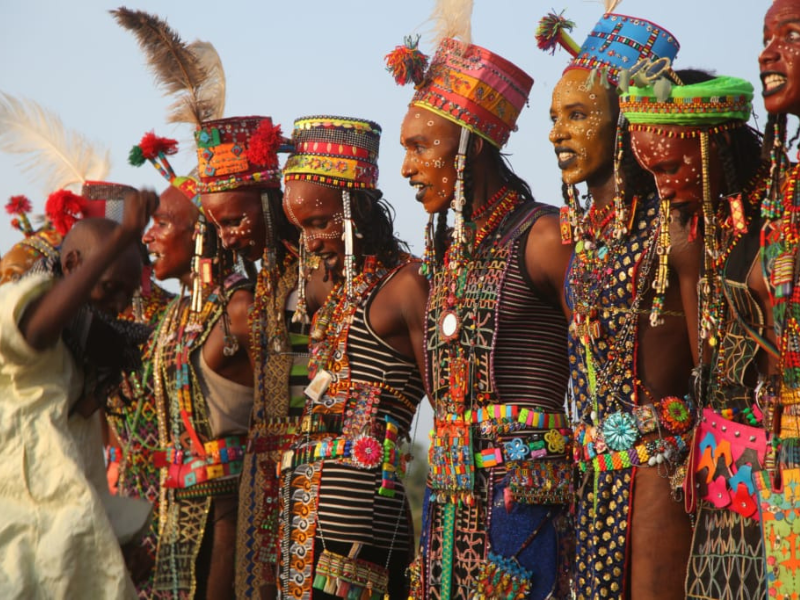
The Yaake dance competition is one of the event’s main attractions. Wodaabe men dress in extravagant costumes for this unique occasion and adorn themselves with costly jewelry, beads, and face paint. The men compete ferociously in a dance-off to entice possible suitors, most of whom are women, showcasing their attractiveness, beauty, and elegance. The dancers display their elegance, agility, and mastery of body language and facial expressions through interesting moves.
According to africafctszone.com, the Gerewol Festival includes camel races, dining, and socializing. Most interestingly, In a final dance competition, three women of voting age who had closely observed the routines over the previous few days chose their three victors.
South Africa’s ‘Africa Burn Showing Africa’s Cultural Heritage
Another event that extravagantly shows Africa’s cultural heritage is South Africa’s Africa Burn event. It is an annual event that takes place in the Tankwa Karoo desert of South Africa at the end of the month of April every year. The event mirrors the spectacular Burning Man of Nevada in the Black Rock Desert in the United States, which also bears the same principle of self-expression self-reliance and community arts.
According to their official site, afrcaburn.org the aim of the event is to be accessible to as many people as possible who want to indulge as well as promote connections and self-discovery.
At the AfrikaBurn event, the desert serves as a blank page for artistic expression. Participants are invited to express themselves radically through performance art, interactive sculptures, mutant automobiles, workshops, and music. People are free to explore and share gifts and present their skills, concepts, and hobbies.
Festival of the Sahara in Tunisia showing Africa’s Cultural Heritage
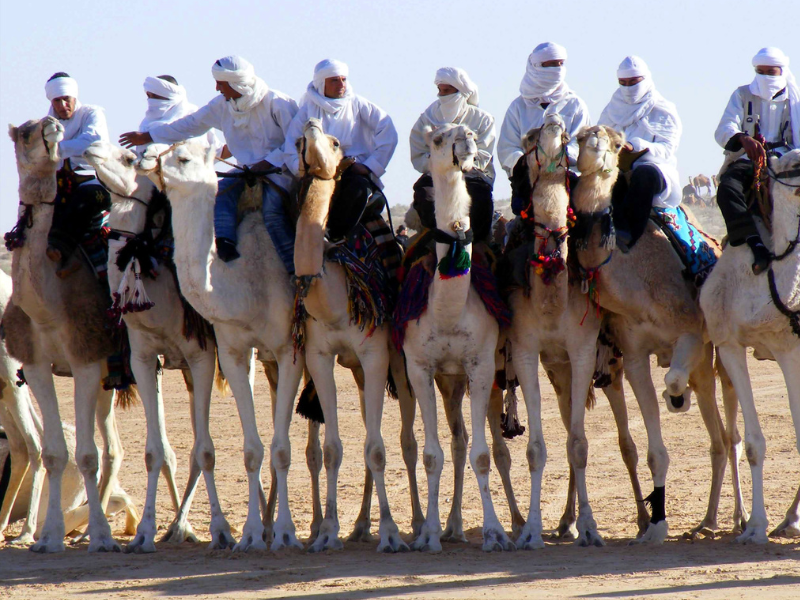
This event is among Africa’s biggest; It is a yearly cultural event hosted in Douz, Tunisia, situated on the edge of the Sahara Desert. Its dramatic celebration reflects the region’s rich nomadic history and cultural heritage and highlights the unique customs of the Saharan people and communities.
The main attractions of the Festival of the Sahara are a number of age-old occupations that showcase the traditions, songs, dances, and handicrafts of the tribes who live in the desert. Visitors can take in captivating demonstrations of ancient dances like the Tuareg people’s “Guedra,” a trance-like dance, or the rhythmic “Mezwed” music, which uses traditional instruments like the “Gasba” and “Darbouka.”
One of the high points of the event is Camel racing; this is very significant because Camels are an integral part of the nomadic lifestyle of the Saharan people. Interestingly, the grand camel race typifies the resilience and resourcefulness of desert communities;
The Zanzibar International Film Festival (ZIFF)
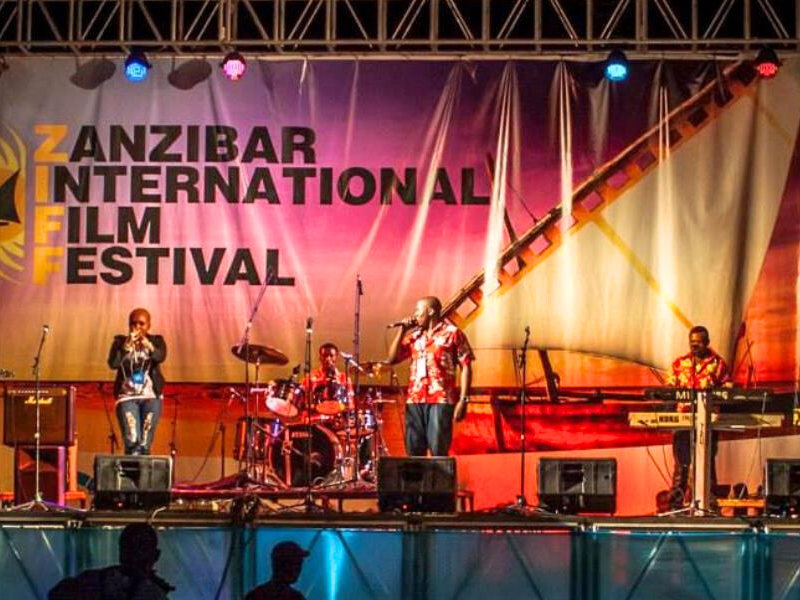
The ZIFF event is another prestigious export from the African continent. It is one of the most prominent film festivals in Eastern African countries and attracts artists, filmmakers, and movie lovers from within and outside the continent.
It is a celebration of the art, culture, and storytelling power of both African and global cinema. The primary aim of this festival is to promote and showcase the various cinematic talents emerging from the African region. It affords the participant the opportunity to present their various works to a diverse audience that is interested in their narrative.
The festival typically takes place over nine days, featuring an exciting lineup of films and works, including feature films, documentaries, short films, and animation from various genres and themes. However, the juice of the event lies in the focus on the Swahili cinema industry and celebrating up-and-coming filmmakers from Tanzania and its neighbours.
The Durbar Festival in Nigeria
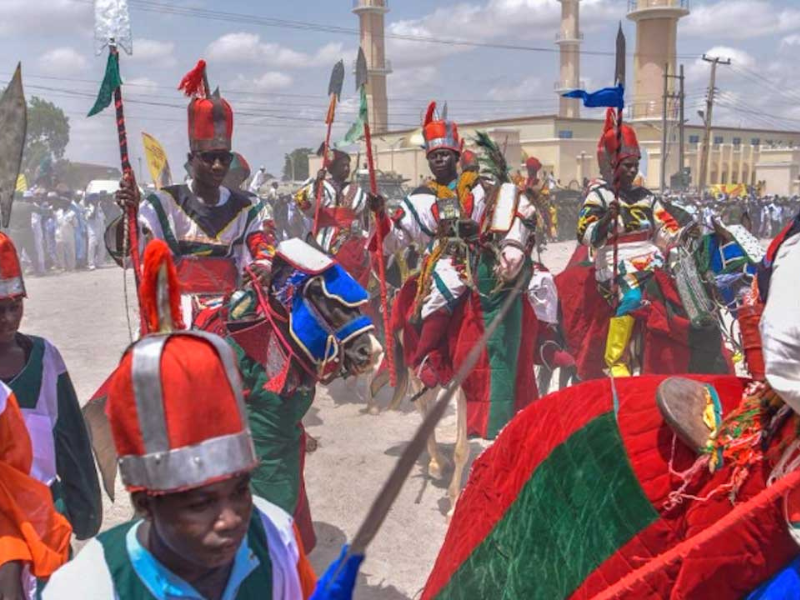
The Durbar festival in Nigeria is one of Africa’s most glamorous events. It is an annual horse parade event where men are dressed in spectacular traditional robes and turbans and engage in a horse procession through the streets of certain cities, from the Palace of the Emir to a grand arena where other activities may be performed.
This spectacular horse-riding festival has existed in the northern part of Nigeria for 500 years and is usually used to mark the end of Eid-al-Adha. According to cometonigeria.com Mohammed Rumfa Sarki, who lived in Kano in the 14th century, introduced this celebration to demonstrate military power and skill before going to war.
In conclusion, the continent of Africa is home to unique cultures trapped in varieties of renditions of music, art, film, dance, food, and fashion.

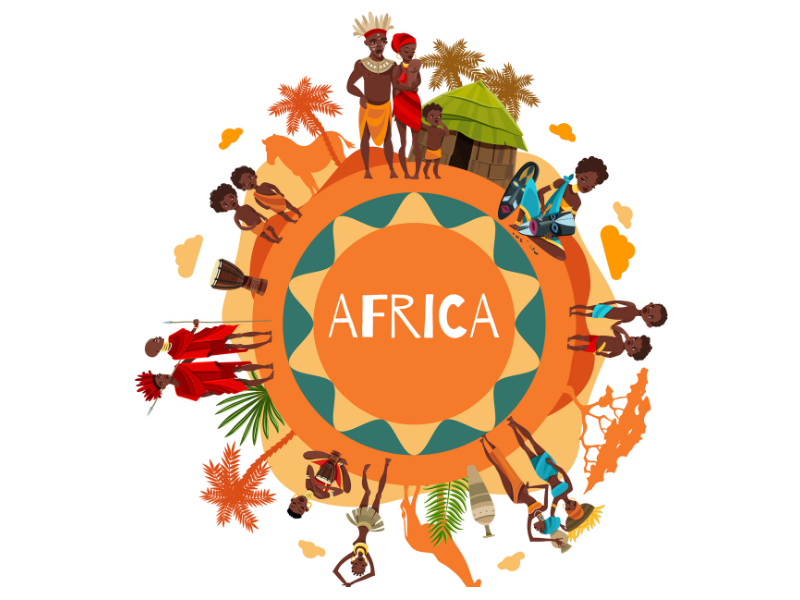


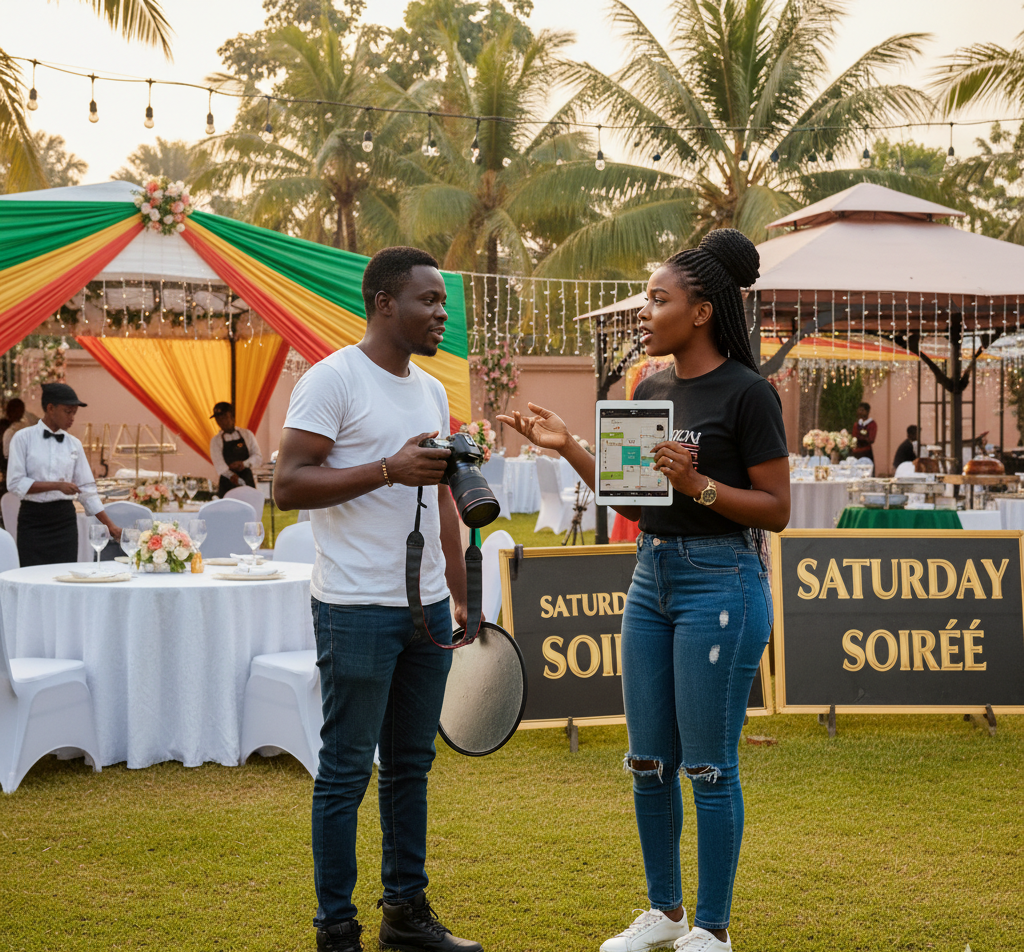
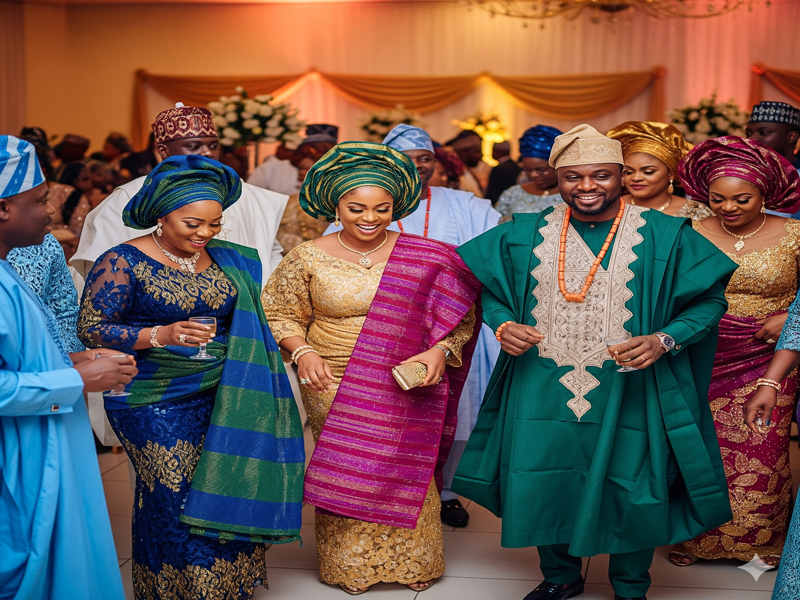


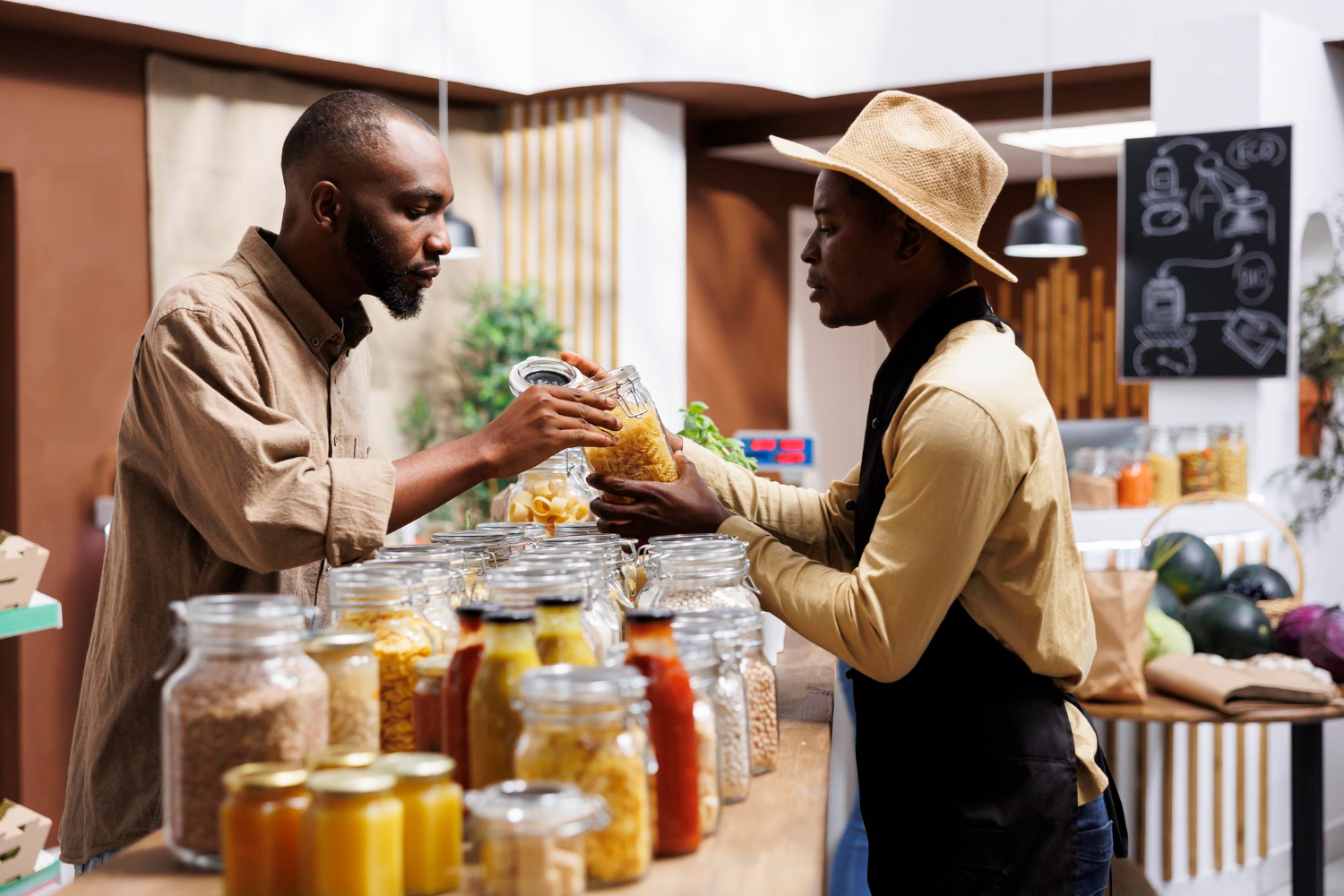

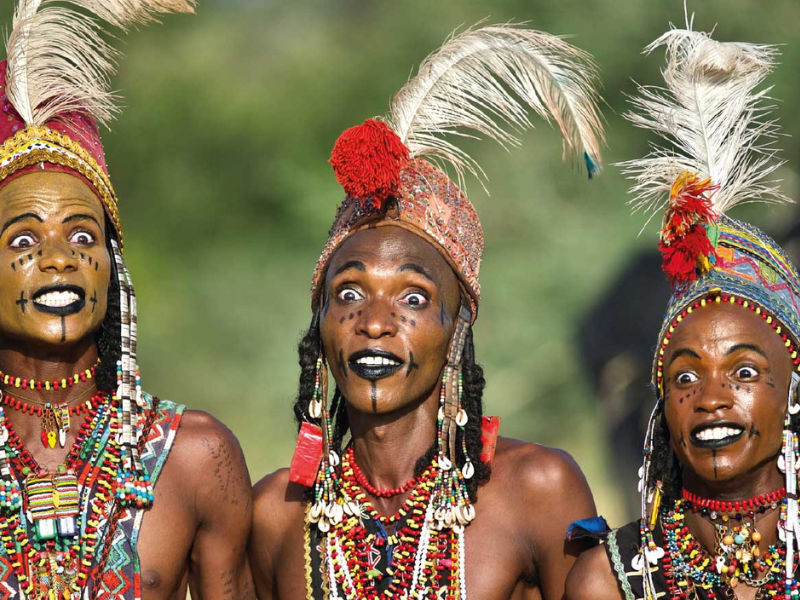

3 Comments
[…] commemoration, anniversary, etc., is a vibrant and dynamic gathering that showcases the rich cultural heritage and diverse traditions of the Nigerian people? especially the food, clothes, and […]
[…] Africa is continuously endeared to many visitors around the world because of its fascinating cultures, artworks, fashion, and people of diverse ethnicities, tribes, and languages. This article will […]
[…] elements with sacred meanings are frequently used in African traditional festivals. These symbols can stand in for philosophical ideas, historical occurrences, or the interaction […]